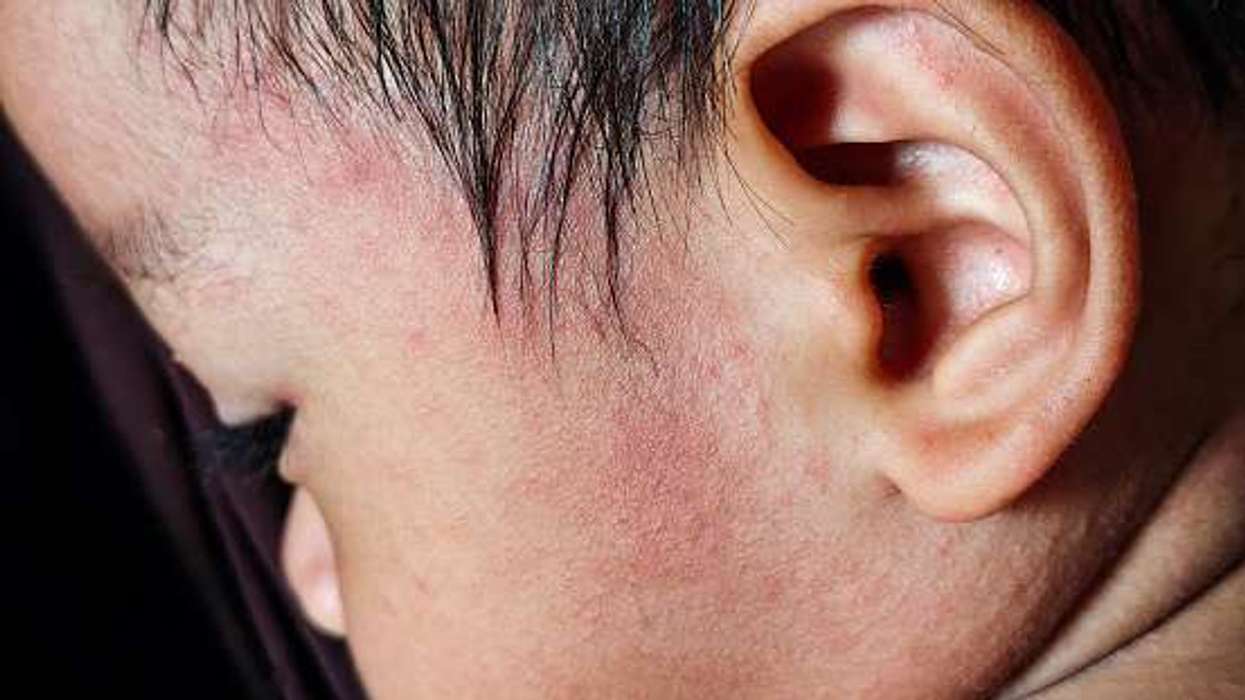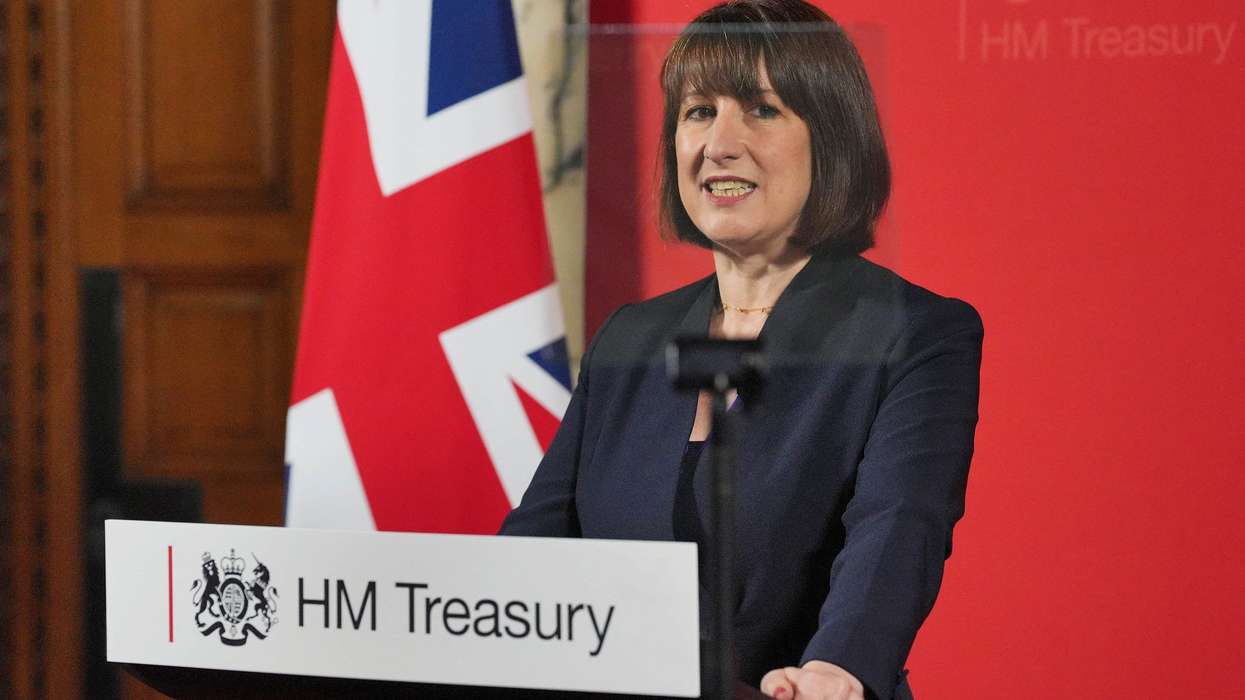Morningside Pharmaceuticals, a leading pharmaceutical group founded by an Asian businessman and his wife, has been acquired by Hampshire-based Aspire Pharma.
Morningside Pharmaceuticals (Loughborough), Morningside Healthcare (Leicester) and Morningside Healthcare (India) were all sold to Aspire Pharma Limited on Monday (October 3).
Aspire is present in the generics, speciality generics, branded medicines, and medical device sectors.
Details of the financial agreement were not disclosed by either party.
“This is a transformative opportunity for both companies to expand and enhance our position as a result of both companies’ highly complementary product portfolios,” said Richard Condon, chief executive officer of Aspire Pharma.
“The combination will create one of the largest and fastest growing UK pharma companies,” he added.
Morningside chief executive officer, Tim Brady, said: “Aspire’s acquisition of Morningside is validation of the long-term growth plan that the shareholders and management of Morningside Pharmaceuticals and Morningside Healthcare have developed over the past 30 years.”
The organisations involved will continue to operate as standalone businesses until further integration and transition announcements are made, according to a statement.
Nik Kotecha and his wife Moni, in the early 1990s, established Morningside Pharmaceuticals, which is a key manufacturer and supplier of generic and branded medicines to the NHS.
The business has a portfolio of more than 240 licensed medicines in the UK and EU and exports to more than 120 countries.











